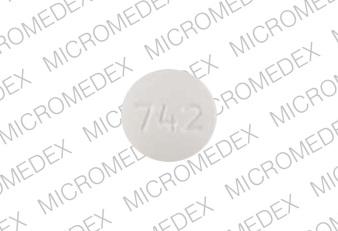Atropine Interactions
There are 220 drugs known to interact with atropine, along with 19 disease interactions, and 2 alcohol/food interactions. Of the total drug interactions, 6 are major, 196 are moderate, and 18 are minor.
- View all 220 medications that may interact with atropine
- View atropine alcohol/food interactions (2)
- View atropine disease interactions (19)
Most frequently checked interactions
View interaction reports for atropine and the medicines listed below.
- Acetylsalicylic Acid (aspirin)
- Activated Charcoal (charcoal)
- Adrenalin (epinephrine)
- Ativan (lorazepam)
- Atrovent (ipratropium)
- Augmentin (amoxicillin / clavulanate)
- Benadryl (diphenhydramine)
- Cardizem (diltiazem)
- Dextrose (glucose)
- Dilaudid (hydromorphone)
- Eliquis (apixaban)
- Haldol (haloperidol)
- Lactated Ringers Injection (lvp solution)
- Lasix (furosemide)
- MiraLAX (polyethylene glycol 3350)
- Morphine Sulfate ER (morphine)
- Narcan Injection (naloxone)
- Normal Saline Flush (sodium chloride)
- Paracetamol (acetaminophen)
- Phenergan (promethazine)
- Plavix (clopidogrel)
- Seroquel (quetiapine)
- Solu-Medrol (methylprednisolone)
- Toradol (ketorolac)
- Tylenol (acetaminophen)
- Versed (midazolam)
- Vitamin B12 (cyanocobalamin)
- Vitamin C (ascorbic acid)
- Vitamin D3 (cholecalciferol)
- Zofran (ondansetron)
Atropine alcohol/food interactions
There are 2 alcohol/food interactions with atropine.
Atropine disease interactions
There are 19 disease interactions with atropine which include:
- autonomic neuropathy
- GI obstruction
- glaucoma
- obstructive uropathy
- reactive airway diseases
- myasthenia gravis
- infectious diarrhea
- cardiac disease
- tachycardia
- coronary artery disease
- gastric ulcer
- gastroesophageal reflux
- ulcerative colitis
- liver disease
- renal failure
- hypertension
- hyperthyroidism
- diarrhea
- fever
More about atropine
- atropine consumer information
- Compare alternatives
- Pricing & coupons
- Reviews (2)
- Latest FDA alerts (3)
- Side effects
- Dosage information
- During pregnancy
- Drug class: anticholinergic chronotropic agents
- Breastfeeding
- En español
Related treatment guides
Drug Interaction Classification
| Highly clinically significant. Avoid combinations; the risk of the interaction outweighs the benefit. | |
| Moderately clinically significant. Usually avoid combinations; use it only under special circumstances. | |
| Minimally clinically significant. Minimize risk; assess risk and consider an alternative drug, take steps to circumvent the interaction risk and/or institute a monitoring plan. | |
| No interaction information available. |
Further information
Always consult your healthcare provider to ensure the information displayed on this page applies to your personal circumstances.


